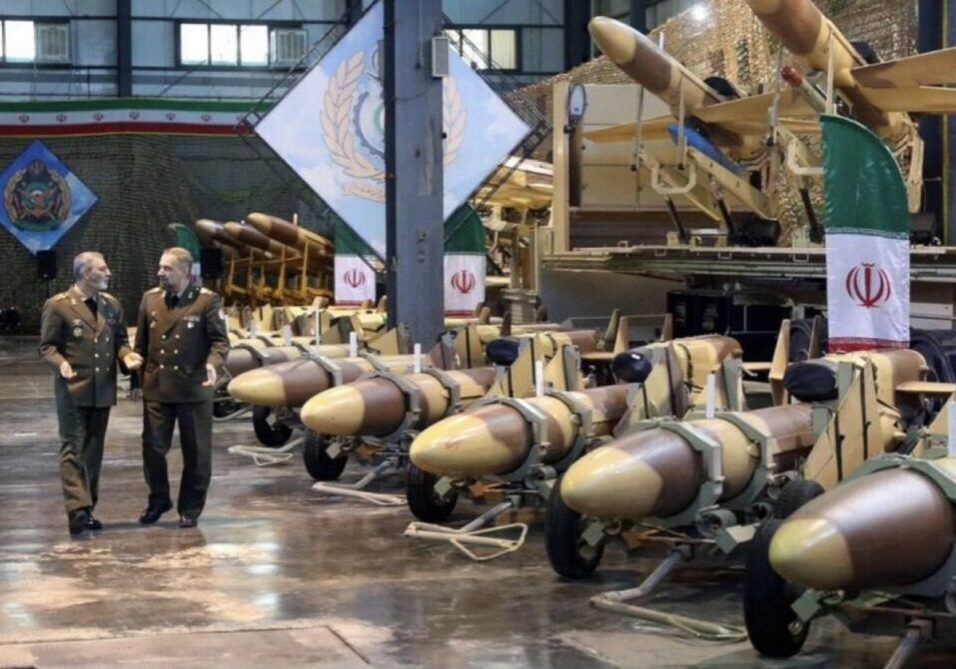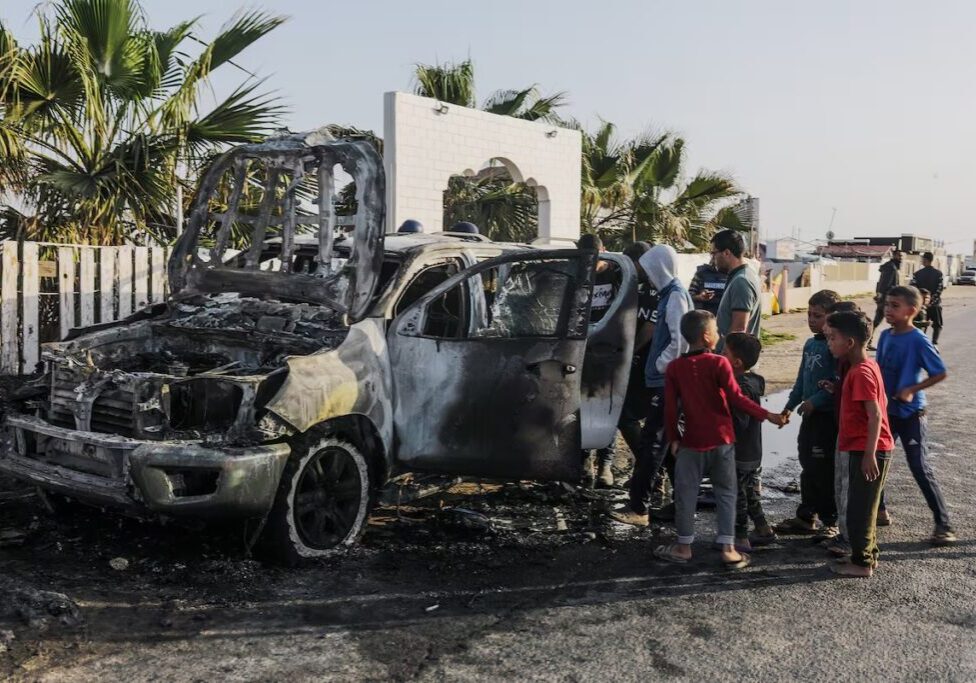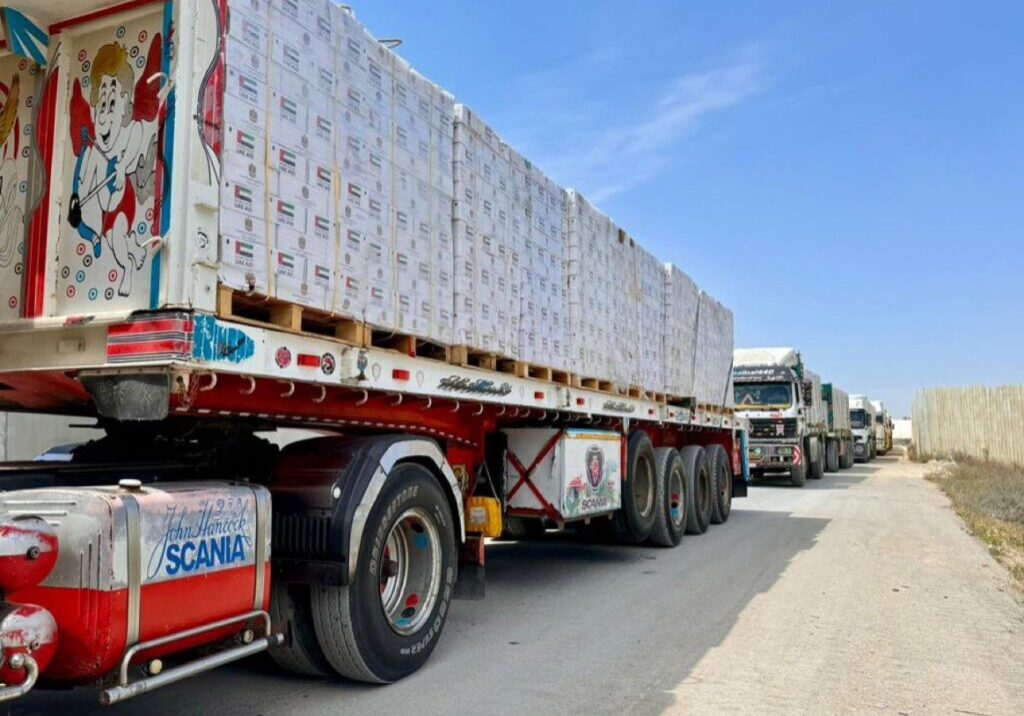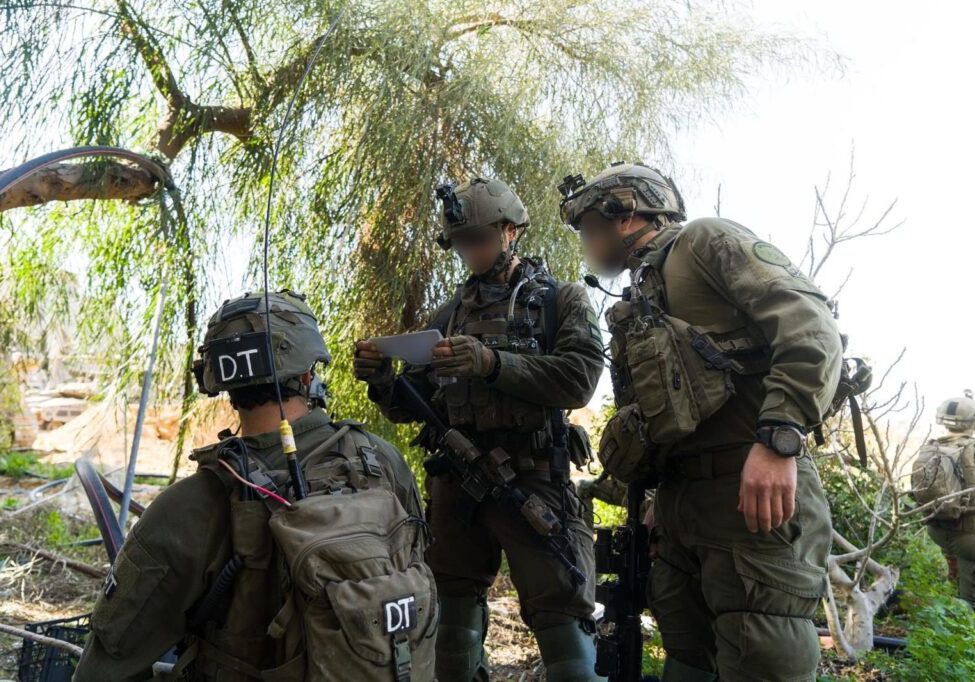Australia/Israel Review
Editorial: Taking Responsibility
Feb 1, 2007 | Colin Rubenstein
Colin Rubenstein
Taking Responsibility
The resignation of IDF Chief of Staff (CoS) Lieut. General Dan Halutz has cast a stone into the pond of Israeli politics at a time of unusual soul-searching in Israel. While it has become very clear that last year’s war in Lebanon did in fact achieve much more than critics initially charged, there were some serious shortcomings in both strategic preparedness in Israel’s military command, and with elements of the training and leadership of Israeli ground troops.
This is not something Israelis can accept lightly. Israel continues to face a level of existential strategic threat that is all but unimaginable to those of us living in countries where a serious threat to the nation’s very existence is all but unthinkable. The IDF and military service are central to the Israeli way of life and big questions about security and peace are the daily fare of Israeli politics. This is a sad but necessary reality until the day Israel finally achieves lasting peace and normal relations with all its neighbours.
Thus, the shortcomings revealed in the war have led to a period of extraordinary introspection in Israel, and a significant loss of confidence in elements of the national leadership.
Halutz is by all accounts a brave and skilled pilot, a fine officer, and a smart and skilled commander. He did the right thing by setting up a whole series of internal investigations and reviews in the IDF in the aftermath of the Lebanon war. And he also did the right thing by recognising that regardless of the findings of the various investigations as to his own culpability, he was not the man to implement the recommendations of those inquiries. He no longer had the necessary trust and respect, either within the IDF or amongst the Israeli public at large.
Part of the problem is Halutz’s background as the first Air Force general to be appointed Israel’s Chief of Staff, which inevitably, to some extent, inhibited his rapport and communications with the ground forces who make up the backbone of the IDF.
There is no danger of any such problem recurring with the newly selected CoS, Major General Gabi Ashkenazi. Ashkenazi is an infantry officer to the core, having ‘grown-up’ through the ranks of the Golani Brigade.
And even more important is the immense operational experience Ashkenazi accrued during his years fighting in southern Lebanon. As a platoon leader, company and battalion commander during the 1980s, he came to know the topography and terrain of that region like the back of his hand. And during his term in charge of Northern Command during the late 1990s, Ashkenazi also became intimately acquainted with the tactics and capabilities of his Hezbollah enemies.
This reservoir of knowledge will stand the IDF in good stead as it refocuses its attention on the likelihood of a future rematch with Hezbollah. Between the outbreak of the terror Intifada in September 2000 and last year’s Lebanon hostilities, the Israeli defence establishment was primarily concerned with the immediate threat posed by Palestinian terrorism and the strategic-level threat posed by Iran’s nuclear program. These remain real, but the Israel security establishment cannot afford to ignore the fact that the rejectionist forces on the march in the Middle East, led by Iran, will opportunistically explore a variety of means to implement their strategy of constant and ongoing “resistance” to Israel’s very existence. Israel must be ready to meet them on any battlefield, and to respond to whatever new tactics they employ.
Since last August, the IDF has been engaged in a thorough self-examination. It has studied what worked and what didn’t during the war, and corrective measures are already underway to rectify the latter. The training budget has been substantially increased, while infantry and armour units, both regular and reserve, have focused on a ‘back to basics’ regime of field exercises designed to maximise the army’s tactical and operational-level competence.
The political ramifications of the Halutz resignation are a bit harder to predict. His premature departure can only heighten the political pressure hovering around the other two members of the senior defence troika – Prime Minister Ehud Olmert and Defence Minister Amir Peretz – both of whom continue to have poor public approval ratings.
Meanwhile, Israel’s national morale hasn’t been helped by a seemingly incessant series of corruption scandals that have racked every level of government. The state Attorney General’s decision to indict Israeli President Moshe Katsav for sexual harassment and rape on Jan. 23 is only the latest episode which has caused many Israelis to question the quality of portions of their political leadership.
But Israel is nothing if not resilient. Its democracy works, as shown by the responsibility taken by Halutz, by the series of official inquiries, and by the intense internal debate about what went wrong and how it can be fixed.
And the current malaise is nothing that the Jewish state has not seen, nor overcome, before. The trials and tribulations of post-Lebanon war national mood are minor by comparison with the trauma inflicted by the much deadlier Yom Kippur War of 1973.
Back then, Israel’s economy was in a much more parlous state than today’s condition of robust growth and high tech excellence. And the intelligence and military failures that made the war such a close run thing caused the IDF to suffer casualties in the thousands rather than just over a hundred.
Yet while the repercussions of 1973 were politically fatal to an Israeli government, the Jewish state not only survived, but went on to thrive. And there should be no doubt that, whatever the outcome of Israel’s present bout of internal re-assessment, it will continue to do so.
![]()
Tags: Israel






